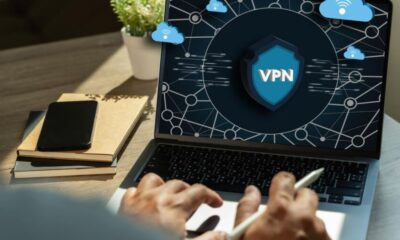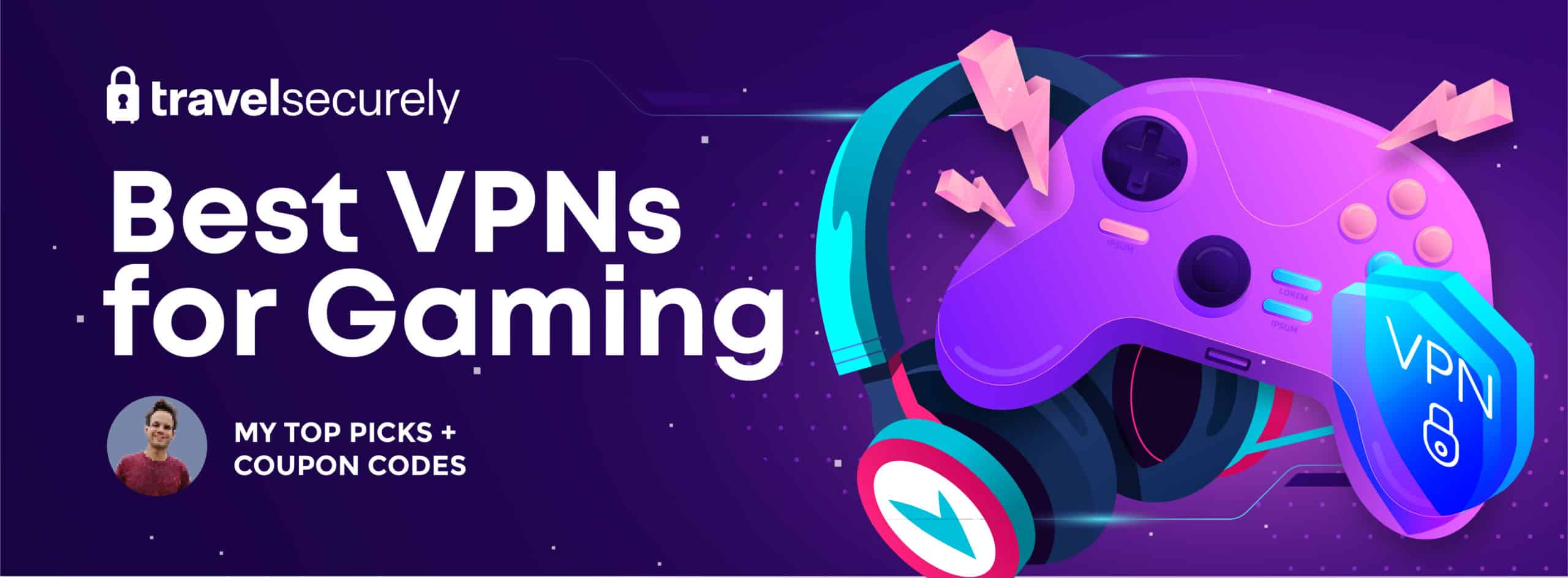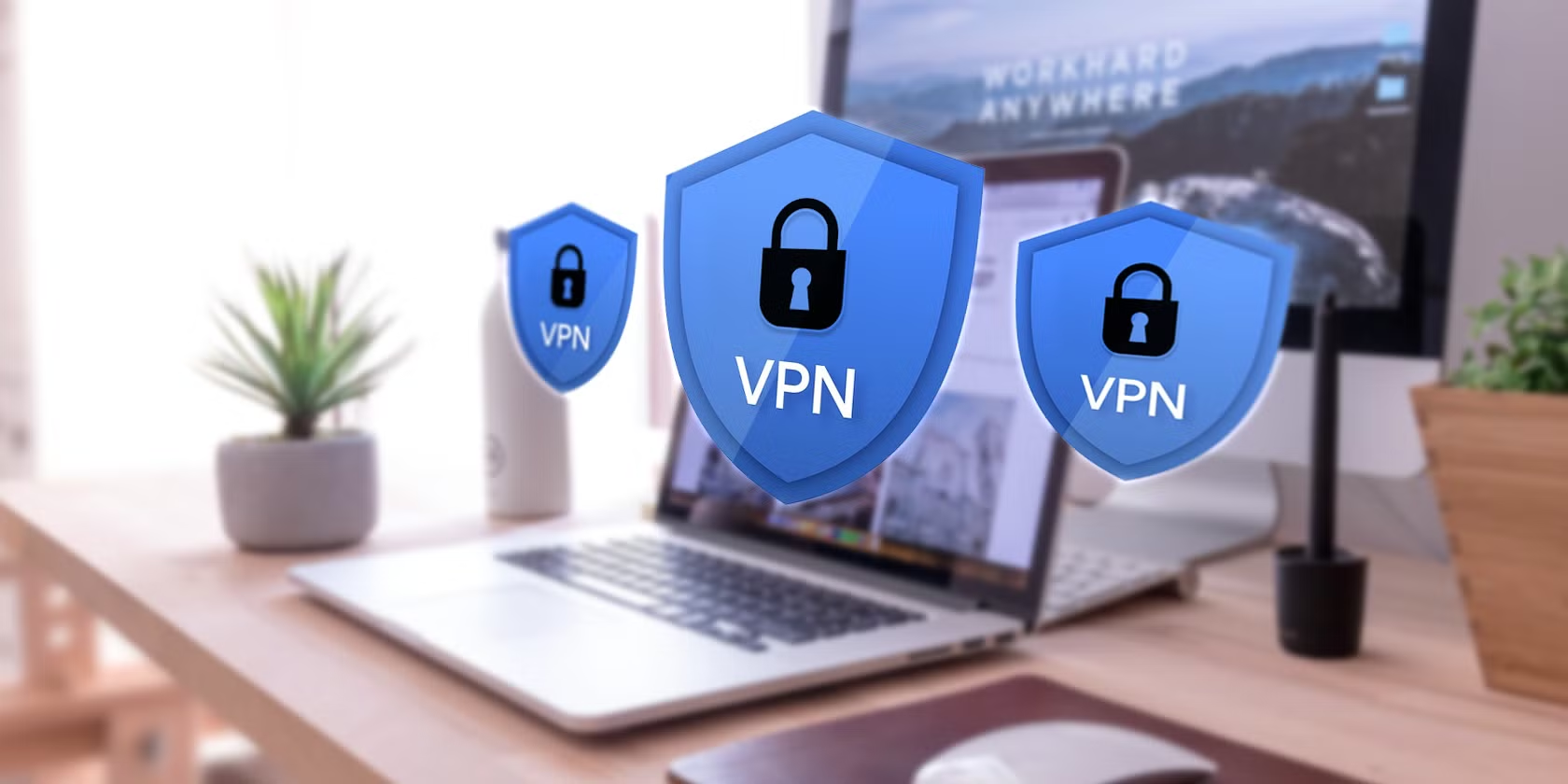In today’s digital age, protecting your online activity is more important than ever. Whether you’re streaming, gaming, or browsing the web, your data is constantly at risk of being intercepted by hackers, tracked by advertisers, or monitored by your internet service provider (ISP). Virtual Private Networks (VPNs) are a popular solution to these concerns, providing a secure and private way to use the internet. But how do VPNs work, and why are they essential? Let’s dive into the details.
Table of Contents
Toggle1. How Do VPNs Work? A Beginner’s Guide to Online Privacy
Understanding how do VPNs work is essential in today’s interconnected world, where online privacy and security are increasingly at risk. At its most basic, a VPN (Virtual Private Network) establishes a secure connection between your device and the internet by rerouting your internet traffic through an encrypted tunnel to a server managed by the VPN provider. This process ensures that your real location and online activity remain hidden from your ISP, hackers, and other third parties.
Here’s a simple breakdown of how do VPNs work:
- Connection Established:
You initiate the process by connecting to a VPN server using the software provided by the VPN provider. This creates a secure link between your device and the VPN server. - Data Encryption:
Once connected, the VPN encrypts your internet traffic, transforming it into unreadable code. This encryption ensures that even if someone intercepts your data, it remains secure and indecipherable. - Server Rerouting:
Your encrypted traffic is then routed through the VPN server. This rerouting masks your original IP address, replacing it with the VPN server’s IP address. - Anonymized Browsing:
Websites and online services you visit will only see the VPN server’s IP address and location, effectively hiding your identity and real location.
VPNs are particularly vital for maintaining privacy on public Wi-Fi networks, which are notorious for being hotspots for cyberattacks. By using a VPN, you ensure your data remains private and your online activities secure.
2. The Science Behind VPNs: Understanding How They Protect Your Data
VPNs use a combination of encryption and tunneling protocols to safeguard your data. Here’s a closer look at the technology behind it:
- Encryption:
VPNs encrypt your data, turning it into unreadable code that only the intended recipient can decipher. Common encryption standards include:- AES-256 (Advanced Encryption Standard): Widely considered unbreakable, this standard is used by governments and cybersecurity professionals.
- Tunneling Protocols:
VPNs use protocols to create secure “tunnels” for your data. Popular protocols include:- OpenVPN: A highly secure and versatile protocol.
- WireGuard: Known for its speed and modern encryption techniques.
- IKEv2/IPSec: Excellent for mobile users due to its stability during network changes.
By combining these technologies, VPNs ensure that even if someone intercepts your data, it remains undecipherable.
3. How Do VPNs Work to Encrypt Your Internet Connection?
Encryption is a critical feature of VPNs, and here’s how it works:
- Data Scrambling: When you send data through a VPN, it’s scrambled using a unique key.
- Secure Transmission: The scrambled data is sent through the encrypted tunnel to the VPN server.
- Decryption at Destination: The VPN server uses the same key to decrypt your data, making it readable again before sending it to the intended website or service.
This process happens seamlessly in real-time, ensuring that your online activities remain private and secure, even on unsecured networks like public Wi-Fi.
4. Exploring VPN Technology: How Do VPNs Work to Ensure Security?
VPNs provide a range of security benefits beyond encryption, making them a powerful tool for online safety:
- Masking Your IP Address:
Your IP address is like your digital fingerprint—it reveals your location and can be used to track your activities. VPNs replace your IP address with one from their servers, ensuring anonymity. - Preventing Data Leaks:
Many VPNs come with features like a kill switch, which disconnects your internet if the VPN connection drops, preventing unprotected data from being transmitted. - Bypassing Geo-Restrictions:
VPNs allow you to access content restricted to certain regions by making it appear as though you’re browsing from a different location. - Protecting Public Wi-Fi Use:
Public Wi-Fi networks are notorious for security risks, but VPNs create a secure connection, shielding you from potential hackers.
By addressing these vulnerabilities, VPNs offer a comprehensive approach to online security.
5. How Do VPNs Work for Streaming, Gaming, and Secure Browsing?
VPNs aren’t just for security—they’re also valuable tools for enhancing your online experience:
- Streaming:
Many streaming platforms restrict content based on location. VPNs let you bypass these restrictions by connecting to servers in the desired region. For example, you can access exclusive shows on Netflix or watch live sports unavailable in your country. - Gaming:
VPNs reduce latency and protect against DDoS (Distributed Denial of Service) attacks, ensuring a smoother gaming experience. Additionally, they allow access to games or servers unavailable in your region. - Browsing:
VPNs prevent ISPs and advertisers from tracking your online behavior, enabling truly private browsing. They also help you avoid dynamic pricing, where online retailers change prices based on your location or browsing history.
Whether you’re a casual internet user or a serious gamer, VPNs enhance your digital experience in meaningful ways.
Conclusion
So, how do VPNs work? By encrypting your data, rerouting your traffic through secure servers, and masking your IP address, VPNs offer robust protection against cyber threats and prying eyes. Beyond security, they provide access to global content, enhance gaming performance, and ensure private browsing.
In a world where online privacy is increasingly under threat, using a VPN is no longer a luxury—it’s a necessity. Whether you’re protecting sensitive data on public Wi-Fi or accessing region-locked streaming services, VPNs empower you to take control of your digital life.
Choose a reliable VPN today and experience the internet with peace of mind, freedom, and security.



